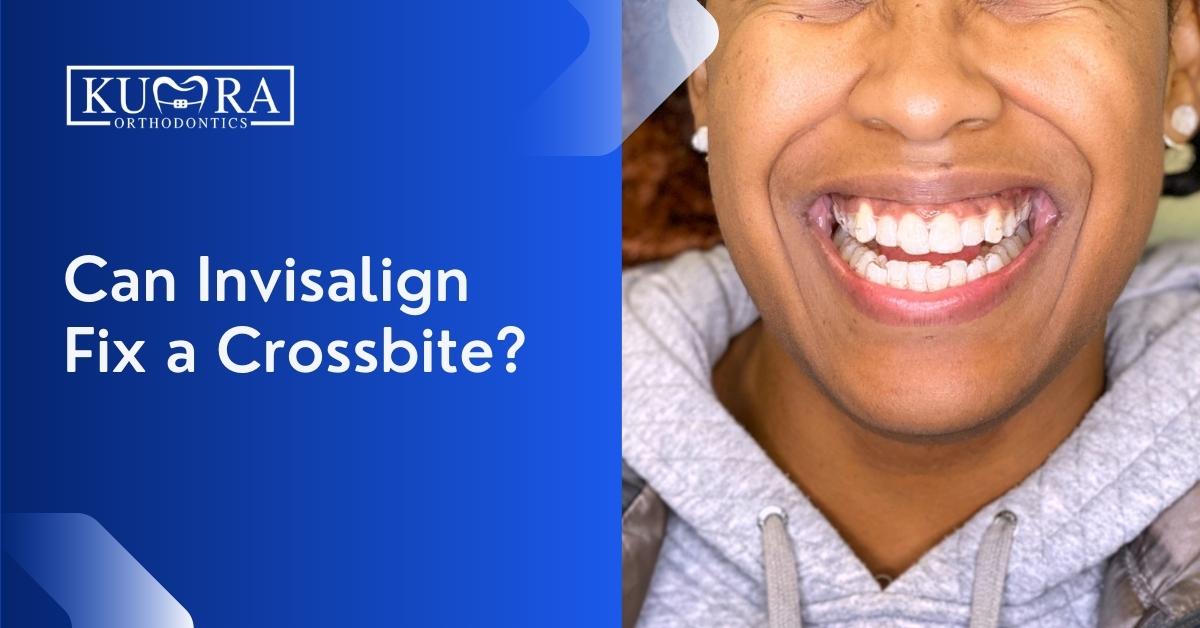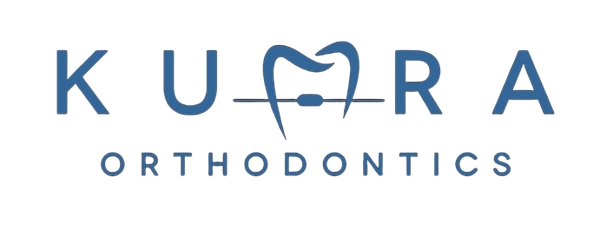Any time one or more teeth are misplaced, a crossbite occurs. All teeth and any angle can lead to crossbites. Crossbite treatment is needed for various reasons, including beauty, function, and overall health.
Read along to discover whether Invisalign can fix a crossbite.
What is a Crossbite?
According to the American Association of Orthodontists, a crossbite is a form of malocclusion, or tooth misalignment, in which the upper teeth fit inside the lower teeth. This misalignment can affect a single tooth or a group of teeth and can impact either the front or rear teeth or both.
A crossbite can cause teeth to tear or chip. Additionally, it can cause your gums to recede or form little notches above your gum line. This type of injury can result in painful gum problems and possible bone loss.
Posterior Crossbite
The term posterior refers to a position that is further back. Thus, a posterior crossbite refers to a crossbite involving the back teeth. Upper teeth will be narrower than lower teeth in situations with a posterior crossbite.
Posterior misalignment occurs due to the uneven narrowing of the palate and upper jaw teeth. Posterior crossbites can occur on any side of the mouth or on both sides.
Anterior Crossbite
The term anterior refers to a position closer to the front. Thus, an anterior crossbite refers to a crossbite involving the front teeth. Some or all of the upper anterior teeth are positioned behind the lower anterior teeth in this form of malocclusion. The lower front teeth can conceal the higher front teeth in some circumstances.
Causes of Crossbite
Genetics
Teeth alignment and jaw structure are inherited characteristics, just like many other physical qualities. Parents, grandparents, and other relatives with crossbites are more likely to pass the condition on to their children. If a kid is born with a crossbite, an orthodontist can help correct the problem and prevent it from becoming worse.
External factors
This means that an external (external) force may crossbite due to environmental factors. The right amount of pressure or damage must be given to shift or remove a tooth.
Other external factors include:
- Thumb sucking for an extended period, pacifier use, or bottle use during childhood
- Tongue thrust during swallowing
- Delayed tooth loss
- There is insufficient room between the infant’s teeth.
- Teeth loss or jaw fracture as a result of accidents or injuries
- Dental crowns, dental appliances, retainers, or braces that do not fit properly
- Mouth or jaw tumors
- Teeth that sprout ectopically or teeth erupting in the wrong position
Needing an orthodontic appointment?
Visit Kumra Orthodontics Washington, DC or Kumra Orthodontics Stafford, VA, and request an appointment with us!
Benefits of Using Invisalign for a Crossbite
Crossbites in teenagers and adults can be corrected with braces or Invisalign. Braces or specialized retainers are frequently used to correct front tooth crossbites. When crossbites are severe, jaw surgery may be required.
However, Invisalign has earned a reputation of becoming the optimal choice to correct a crossbite due to the following reasons:
Faster than traditional braces
A single tooth, a group of teeth, or even all of the teeth might be affected by a crossbite. With Invisalign, you can fix a crossbite in a fraction of the time it takes with traditional braces.
The upper and lower teeth’ biting surfaces are entirely covered by the aligners, preventing them from coming into contact. The aligners separate the upper and lower teeth to treat a crossbite, allowing a tooth to shift into its correct place without interference.
Read More: Do Invisalign Braces Take Longer?
Painless
Invisalign clear braces are completely painless. They exert just gentle pressure on your jaw and teeth, repositioning them in their proper positions. You will be free of metal plates, wires, and elastics.
Related: Invisalign Pain: What to Expect and How to Deal With It
Ease of maintenance
You can take the aligners out at any time to brush your teeth or eat. You won’t have to fight food particles stuck in metal wires and braces.
Enhanced self-esteem
Correcting your crossbite will improve the appearance of your smile, boosting your self-esteem and confidence whenever you are required to smile in public or for photographs.
Tailored fit
With clear aligners, your teeth are progressively realigned by fitting the 3D image of your teeth.
Contact Kumra Orthodontics to learn more whether can Invisalign fix crossbite
A crossbite may be to blame if you’re having problems with your teeth and mouth. Crossbites can result in headaches, facial pain, difficulties eating, and extra wear and tear on our natural pearly whites due to the repetitive force of the bite.
Book a consultation at Kumra Orthodontics wherein we can address your questions such as “can Invisalign fix crossbite?” and the best way to find out if you have one. Orthodontic treatment is tailored to each patient’s specific needs, and we’ll take your other dental issues into account when deciding which choice is ideal for you.



